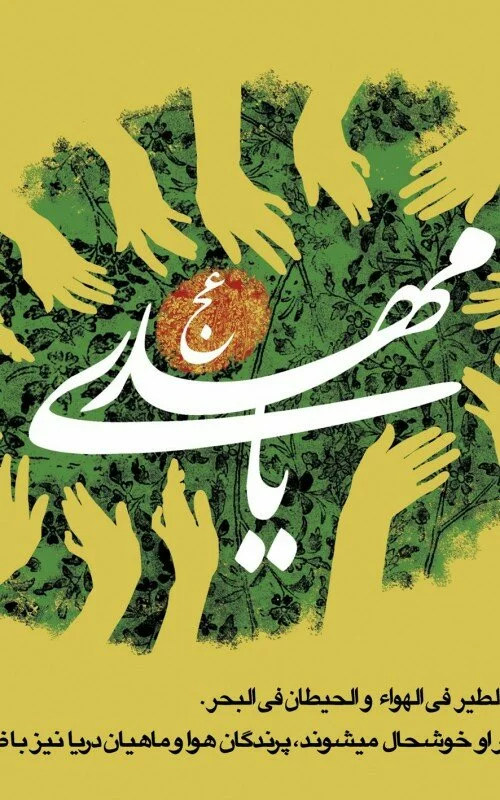
Both Shia and Sunni Muslims share most fundamental Islamic articles of faith and beliefs; they are the two major sub groups within the Islamic faith. Their differences stemmed actually from political differences other than from spiritual differences. Many variant positions and practices bearing spiritual significance have arisen from these political differences over the centuries, which the two sub groups have been in existence. This division between Sunni and Shia dates back to the time the prophet Muhammad Sallalaho alay hi wasalam passed on. His Sallalaho alay hi wasalam death brought about power struggles that is, who was to inherit leadership from him. Many of the prophets companions were of the opinion that a new leader to take over from the prophet ought to be chosen from those capable of carrying forward the job.
This position gained favor with Sunni Muslims who their name ’ Sunni’ means the one who follows and obeys the traditions of the prophet. As a result to this point of view, Abu Bakr Razi Allah Tallah who was a close friend and advisor of the prophet Muhammad Sallalaho alay hi wasalam was chosen to become the Islamic nation’s Caliph. On the other hand, other Muslims shared the belief that a successor should have been appointed from the members of the prophet’s own family, especially among those he specifically appointed or all together from Imams appointed by Allah Subhana Wa Tallah Himself.
‘Shia’ actually means a group of people supportive and the Shia Muslims still believe that leadership succession following the prophet’s death, should have been passed directly or handed over to his son-in-law/cousin Ali Razi Allah Tallah. They, therefore, through history, have not been recognizing the authority of Muslim leaders elected instead following a lineage of Imams, whom they believed were appointed by the prophet Sallalaho alay hi wasalam or Allah Subhana Wa Tallah Himself.
The Sunnis make the majority of Muslim population as compared to the Shia. Both groups uphold the core articles of the Islamic belief though from these initial political differences some aspects of their spiritual lives have been affected to some extent thus creating differences between the two groups. Still the Muslims don’t distinguish themselves on this basis claiming membership to any particular group, but rather cherish referring to each other as Muslims. The Shia venerate their Imams as saints thus perform pilgrimages in hope of divine intercession to their shrines and tombs. Sunnis on the other hand counter this by standing on the ideology that there is basis for hereditary class of privileged spiritual leaders in Islamic faith.



